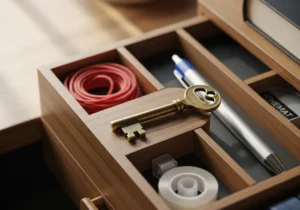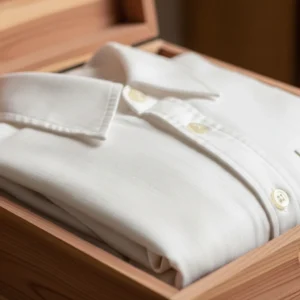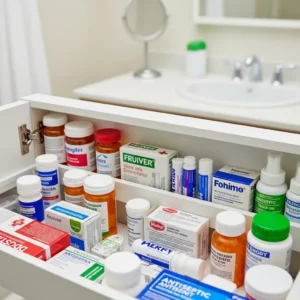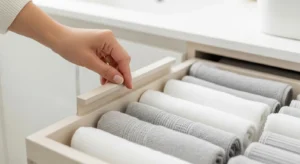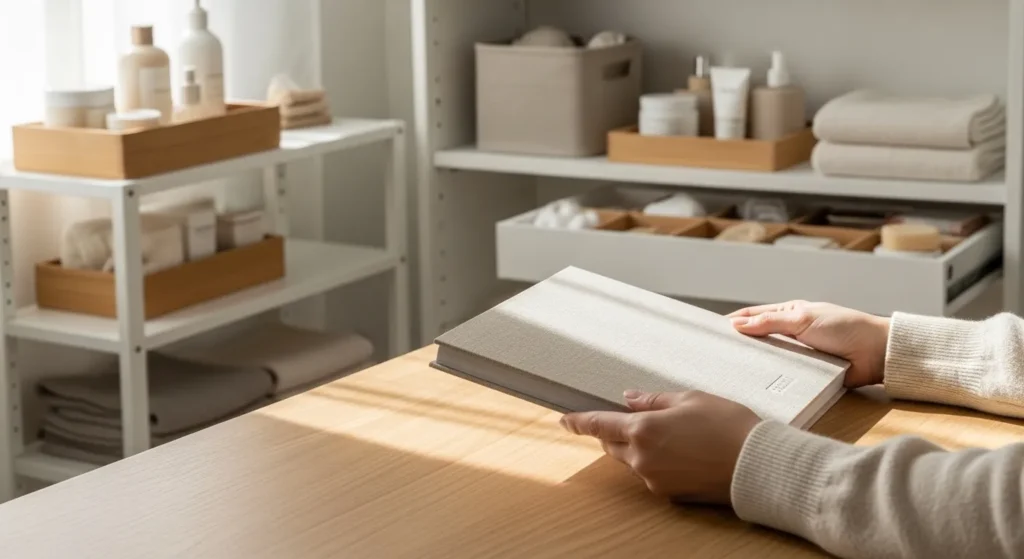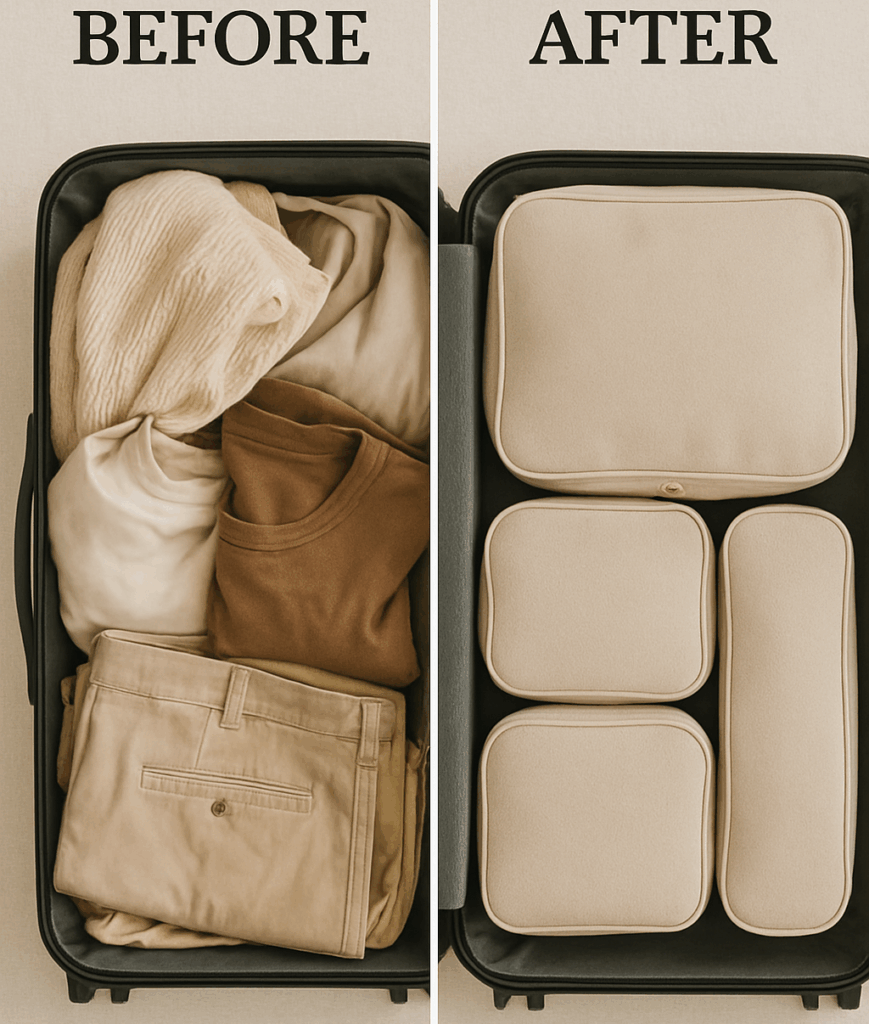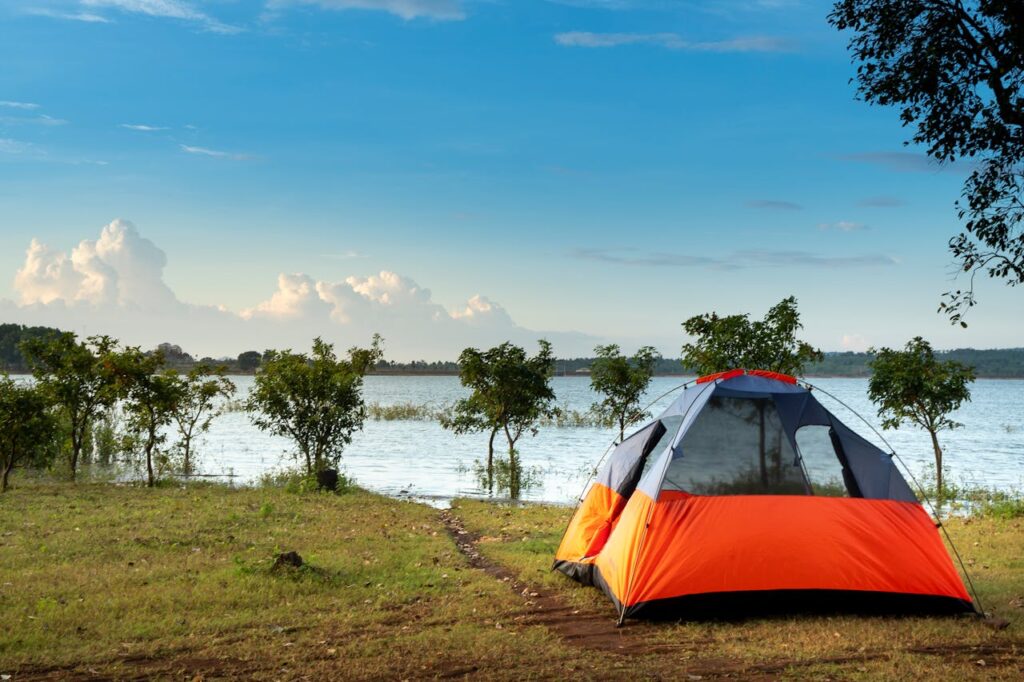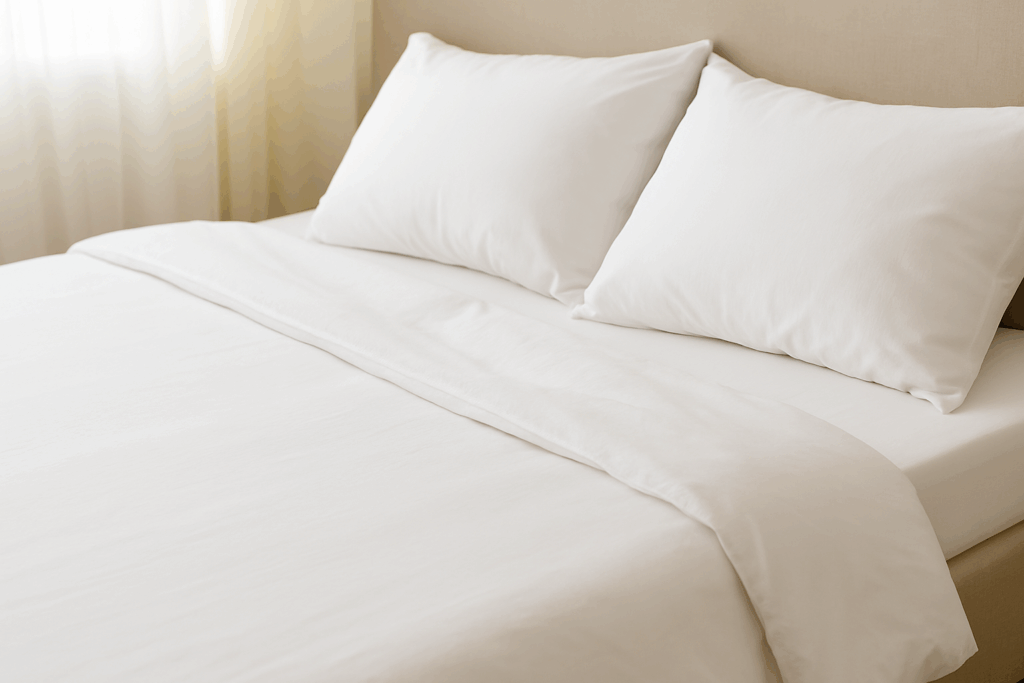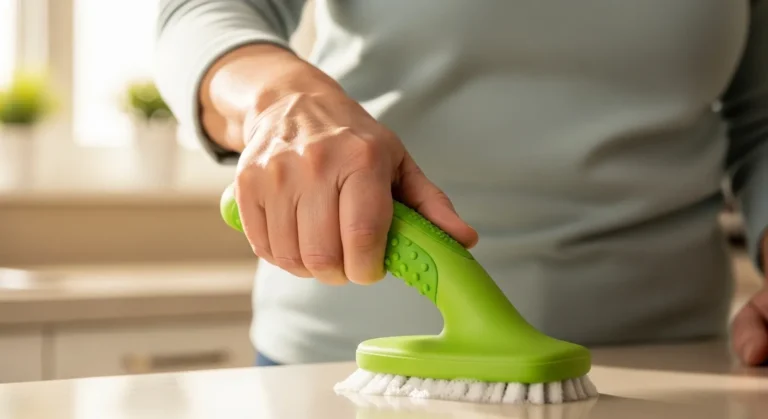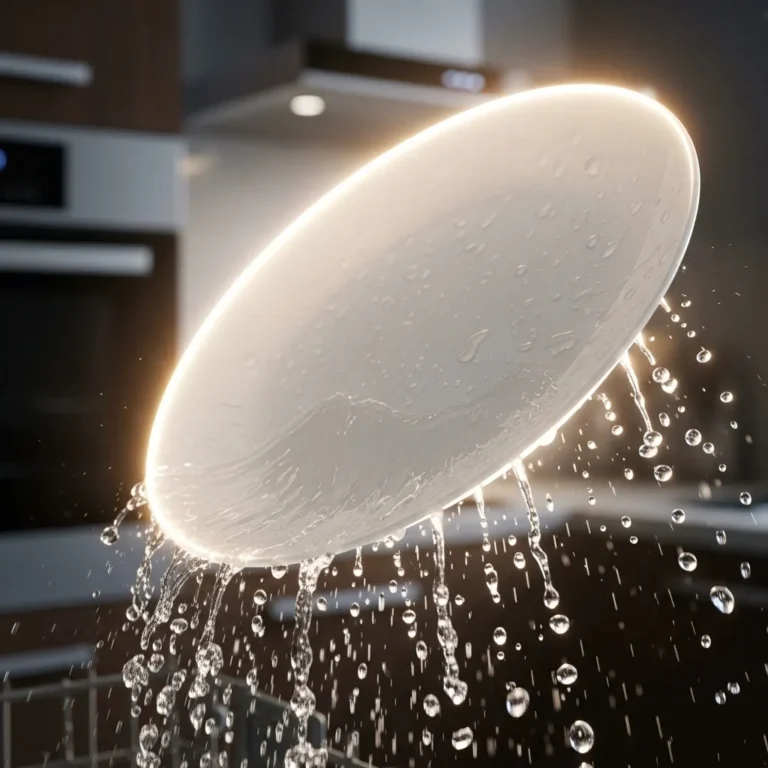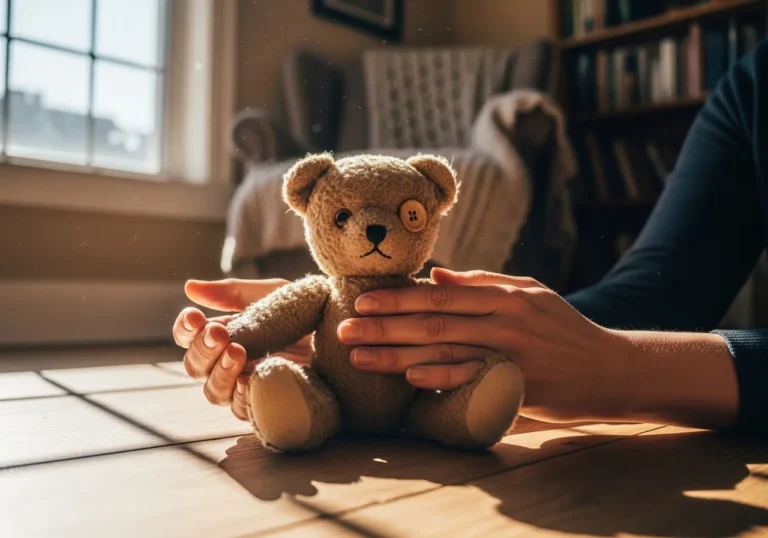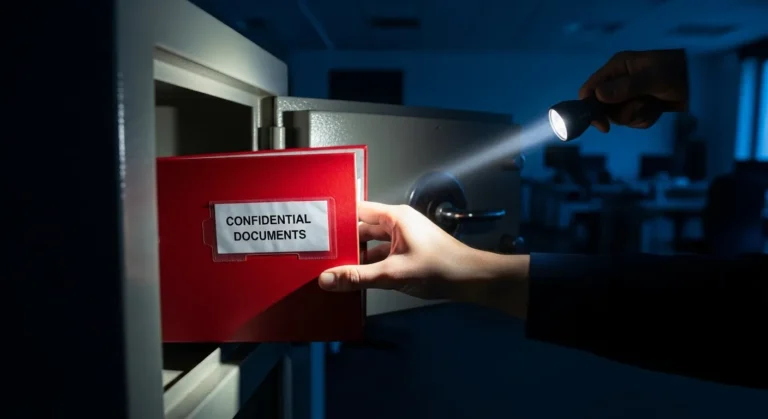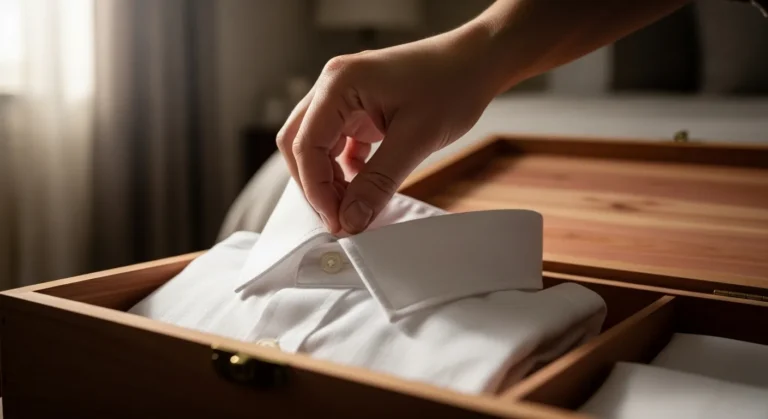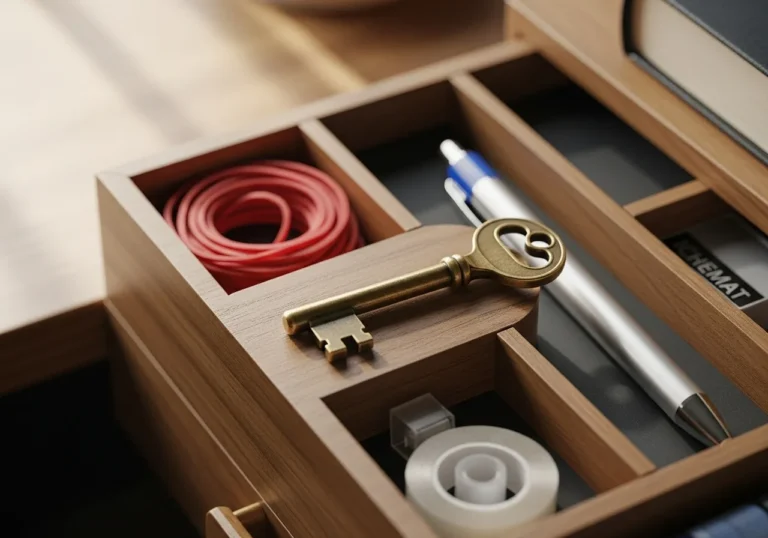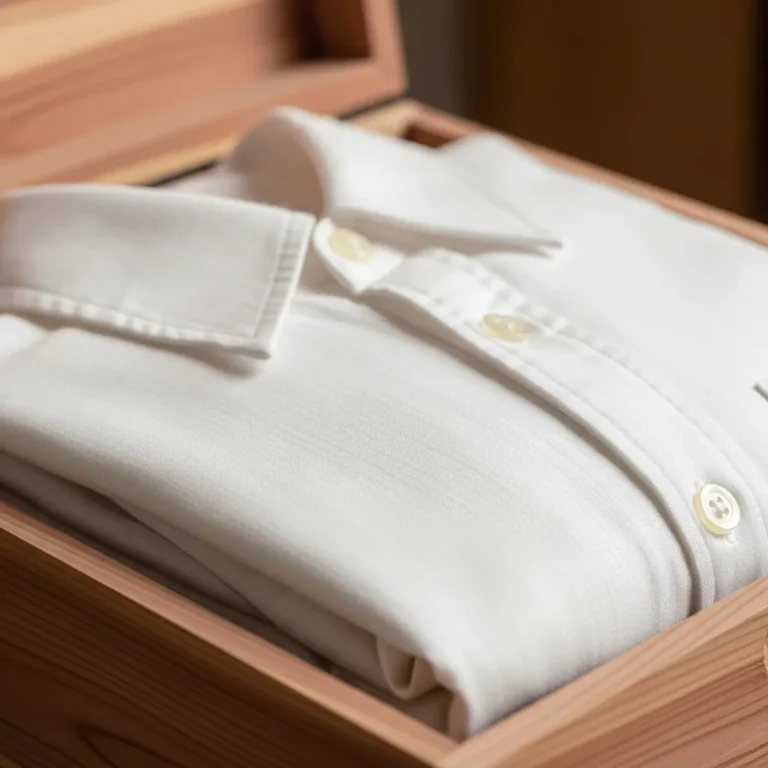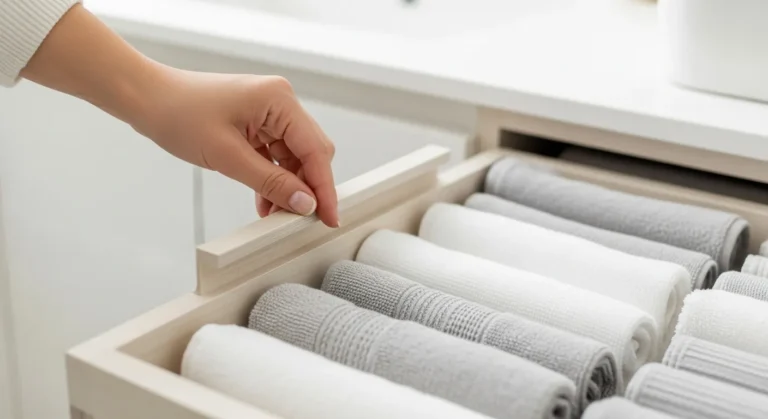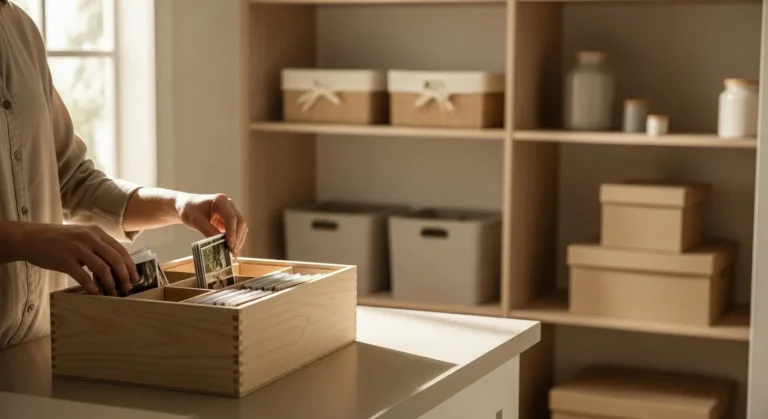Is there anything you should NOT clean with water? Yes!
You might think that there’s nothing safer than water, especially when it comes to using it for washing things, but guess what…water can cause quite a damage if it’s used on the wrong finishes and surfaces. Want to know what to keep away from water? Then, take a look below and let’s dive right into it!
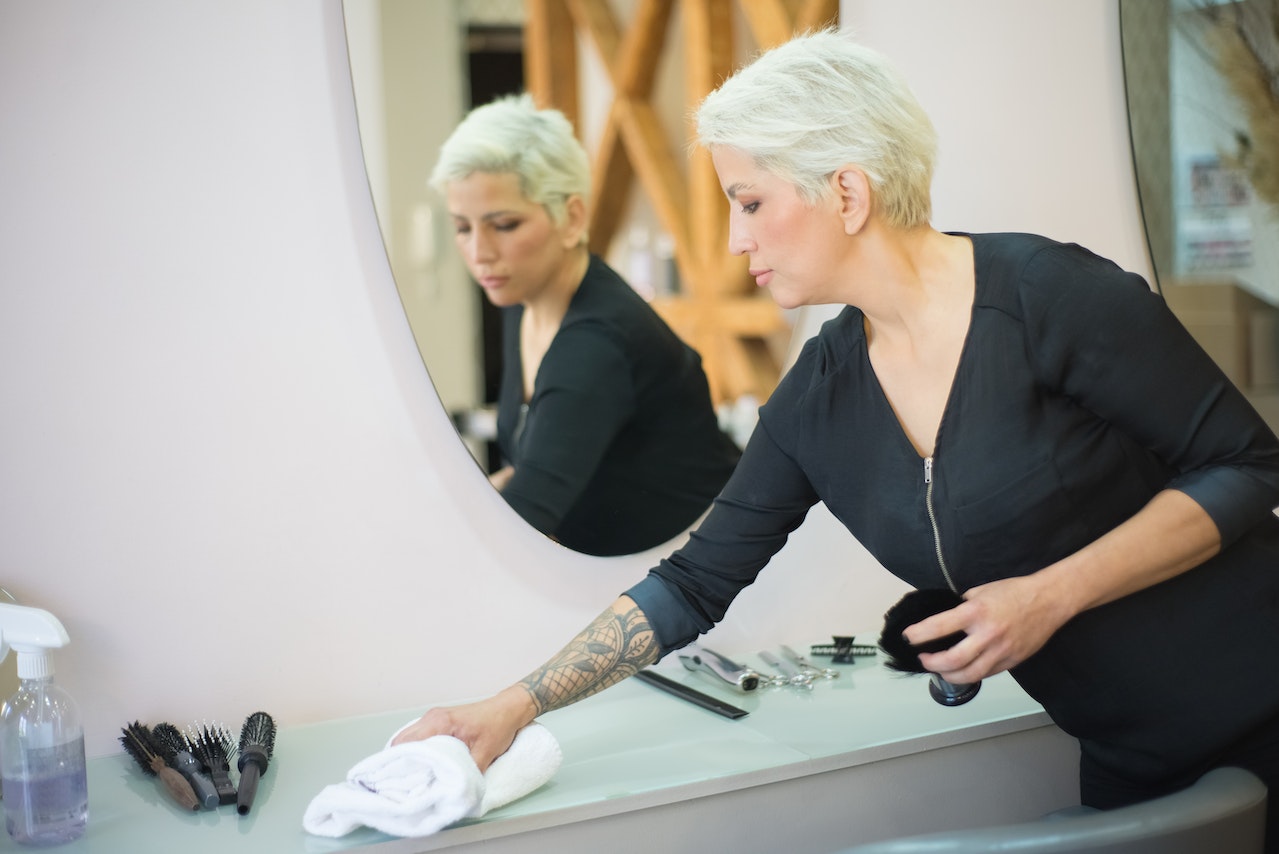
Velvet
If you want to keep your velvety and other microfiber things as soft as they come, don’t clean with water! That’s because the fibers on velvet, suede and the like get wet and then stuck in a new position, according to Laura Smith, owner of All Star Cleaning Services, leaving all sorts of undesirable patterns on your furniture.
The recommendation is to call a professional and let them do the cleaning of such fabrics. Not only will you get a clean product but it will also look like it hasn’t been used a day.
Hardwood and laminate floors
Hardwood and laminate floors are water-resistant but this does not mean they last forever. It’s normal to wear off in time but you’re only speeding up the process if you’re cleaning them with water. That’s because water infiltrates the wood, turning it black and emanating foul odors.
“The proper way to clean a wood or laminate floor is to use a flat microfiber mop and spray-on cleaning solution with a spray bottle a little bit at a time,” suggests Smith. To keep your floors shiny and new, just make sure you follow the specific recommendations made by manufacturers.
Wooden instruments
If you’re into music and playing musical instruments, then you’re probably taking care of your instruments properly…or are you? Being made from different materials, it is imperative that you use the right cleaning agents to keep your instruments as good as new.
Using water on your musical instruments, same as your wooden floors, can cause stains and splits in the wood, warns Tyler Harris, who runs a New Jersey-based luxury residential cleaning company. The best way to keep your musical instruments shiny and running, use specific cleaners for instruments.
Antiques
Something else that should no be cleaned with water? Your cherished antiques. Be it wooden furniture, porcelain or silver, water should definitely not be your go-to cleaning agent. To avoid water infiltration and subsequently, moisture in antique wood furniture, it’s better if you use some mineral spirits. This way you prevent wood separation, warping, or buckling.
When it comes to porcelain, which is also a porous material, avoid submerging it in water, as you might not like the results. Just use a damp cloth and detergent to remove the unwanted dirt and grime.
Electronics
It’s no rocket science that water should be kept as far as possible from electrical items. “For the most part, you should only dry dust electronics,” advises Smith. If you have some difficult stains that just won’t come out with a dry, cleaning cloth, you can spray a less aggressive cleaning product on the cloth and gently rub it on the spot, never directly on the electronics.
Contact lenses
If you’re using contact lenses, you’re probably also using a special cleaning solution to store them in overnight. Unfortunately, many people think it’s also safe and sanitary to put their contact lenses in water, oblivious of the fact that water can contain dangerous parasites, fungi and bacteria.
“The proper contact lens cleaning solutions all have antimicrobial ingredients that discourage bacterial growth. A contact lens stored in water may have a small number of bacteria on its surface after a day of use,” warns Jonathan Wolfe, an optometrist at Ardsley Eye Care. When reaching the cornea, that bacteria can cause serious damage such as ulceration.
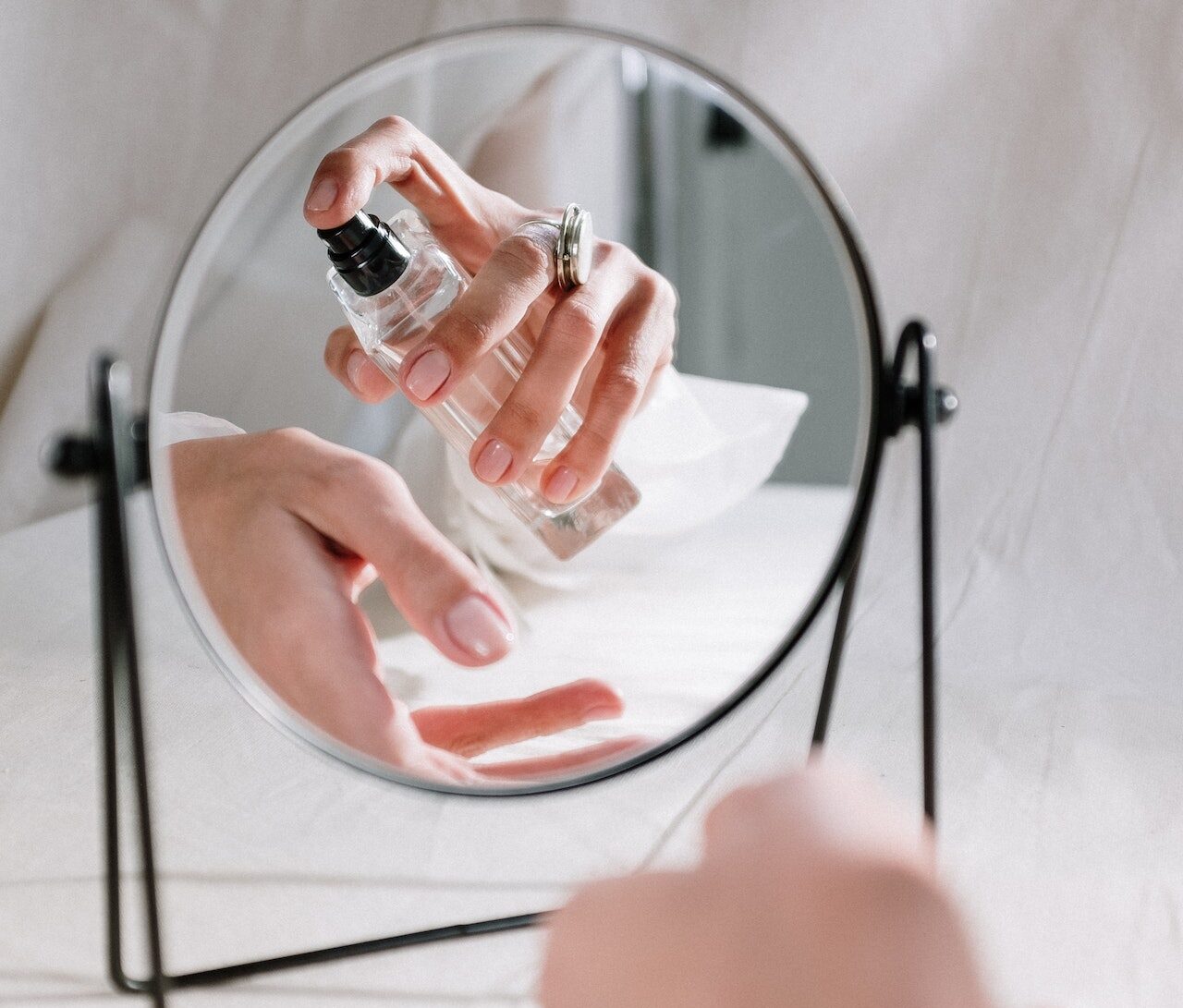
Silk
Silk is quite pretentious and many people sadly ruin their silky items by using aggressive cleaning methods. Surprisingly, water is one such aggressive factor that does not go hand in hand with silk. That’s because it can cause discoloration on a permanent basis and you can kiss your elegant silk dress or shirt goodbye.
Leather
Another type of fabric that should not be cleaned with water is leather, whether we’re talking about furniture, bags, or clothing items. If you’ve got caught in the rain wearing your favorite shoes, then you surely know how water can damage leather. It can not only cause discoloration but it can also dry the leather out, giving way to cracks, says Leather Honey, a leather-care products company.
“There are specific leather cleaners designed for leather, which will not have these problems,” recommends Smith. The best option is to read the label on each piece of clothing or furniture before deep-cleaning it in any way.
Marble
Water is also not a friendly cleaning agent when it comes to porous materials such as marble. That’s because marble, such as brick, is covered in a protective layer that prevent staining. Unfortunately, the sealant can be affected by water, leading to the stone’s degradation and dissolving.
The safest and most efficient tools to clean marble are soft brushes and cloths. Easy, right?
Gas range burners
Gas range burners should also be cleaned with something else other than water. This is due to the fact that water can infiltrate these devices, affecting the igniters. Yes, once dried, the igniters might work again, but do you really want to take this risk?
To get rid of unwanted dirt on your gas range burners, just spray a cleaning product onto a cleaning cloth and safely use it to wipe down the dirty surfaces without ruining them in the process.
Wood furniture
What happens when you leave a glass of water on a wooden table? You end up with an insufferable spot that just doesn’t seem to go away. Needless to say, wood and water do not go hand in hand.
Water can cause wood discoloration, splits and cracks and you definitely don’t want that. An efficient go-to method to clean your wood tables and furniture is to use a microfiber cloth, which should barely be damp. Additionally, you can also use some furniture polish or lemon oil to give your wood some extra shine and protection.
Computer keyboards
I’m sorry to break it to you, but computer keyboards are one of the filthiest items known to mankind. About 20,000 times filthier than a toilet seat! Cleaning them with water will not only not do the trick and help you get rid of bacteria but it can also cause irreparable damages. We are talking about an electronic equipment, after all, right?
The safest methods to remove dirt and other nasty surprises on your keyboard and make sure you don’t affect its functionality, is to use soft microfiber cloths, compressed air dusters, computer vacuums or even an old toothbrush. And no matter what cleaning item you go for, just make sure you unplug and switch off your keyboard or laptop.
I hope this article helped you clean better and more efficiently for a long-term beautiful, happy home. Looking for more useful resources? If so, make sure to check out our other article on 6 Things You Should NEVER Pour Down the Drain for a safe and happy home!

